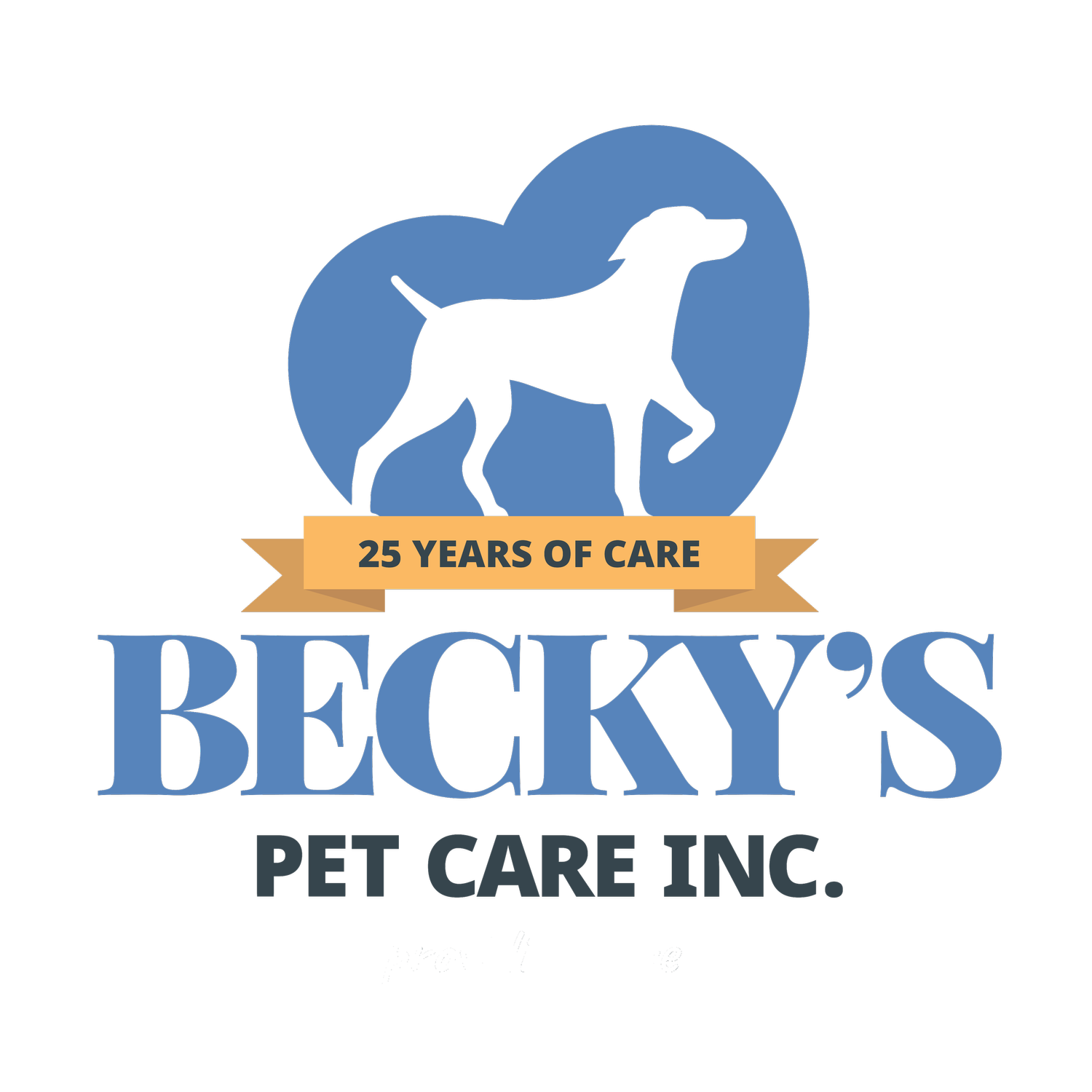Homemade Cat Food Done Right
We have provided a lot of tips and tricks regarding homemade treats and dog food but what about our feline friends? Well, before you delve into this DIY project, keep in mind that cats have different nutritional requirements. Homemade cat food may be a little more time
Some people are trending towards raw food diets for homemade dishes. There is some debate between the pros and cons of raw foods for cats. WebMD provided a scientific resource for these points.
Pros
- You will know where the meat comes from.
- You do not have to worry about food recalls.
- You can ensure a balanced diet for your cat.
- You can kill any bacteria by cooking the meat first.
Cons
- Salmonella poisoning for both the cat and the human.
- Possibilities of bacteria in uncooked foods.
- Cats need hydration in their food. There may not be enough water content in a raw food diet if prepared incorrectly.
Read WebMD's suggested preparations for homemade food for cats here.
The Savvyhomemade.com site also listed some great recipes for raw food diets and cooked recipes. Always check with your vet before switching the food. It might not be what your pet needs.
We have learned that 80% of a cat's water intake is through the food that they eat. Your vet will have a better idea about your cat's needs if you want to start making homemade cat food. Cooked foods lessen the chance of bacteria infections. For instance, a cooked boiled egg can be fine for meal supplements. Some meat such as bacon should never be given to your cat.

